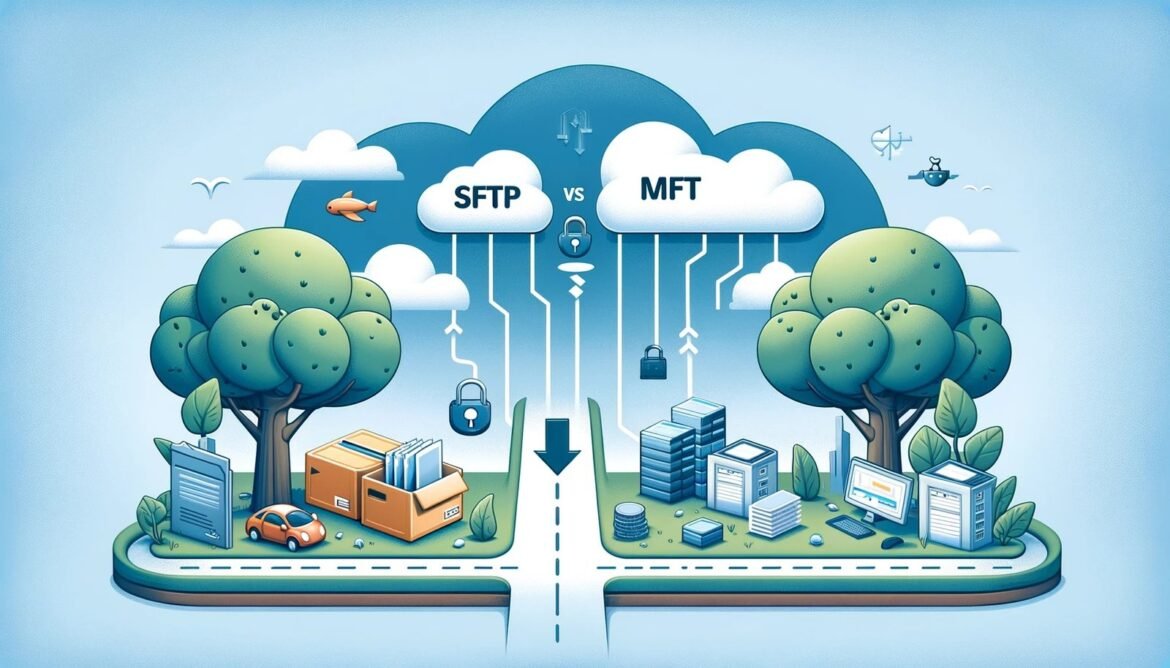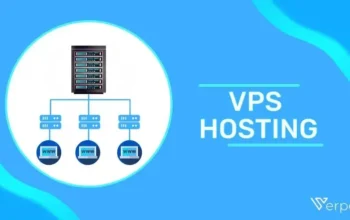In today’s data-driven world, compliance with data protection regulations is not just a best practice; it’s a mandate for businesses that handle sensitive information. From the General Data Protection Regulation (GDPR) in the European Union to the Health Insurance Portability and Accountability Act (HIPAA) in the United States, these regulations stipulate stringent requirements on how data should be handled, transferred, and secured. Managed File Transfer (MFT) Gateways are essential tools that help businesses meet these requirements, providing secure, efficient, and compliant data transfer capabilities.
Ensuring Secure Data Transfers
The core functionality of an MFT Gateway is to ensure that data transfers are secure. This is achieved through robust encryption protocols which safeguard data both in transit and at rest. For instance, using protocols like SFTP, FTPS, or HTTPS, MFT Gateways encrypt files during transfer, ensuring that intercepted data cannot be read by unauthorized entities. This encryption is crucial for complying with laws that require the protection of personal data against loss, theft, or unauthorized access.
Comprehensive Auditing and Reporting
Regulations such as GDPR and HIPAA require businesses to maintain detailed records of data processing activities, including data transfers. MFT Gateways facilitate compliance by automatically logging all transfer activities in a detailed and tamper-evident manner. These logs typically include information about file names, file sizes, the origin and destination of the transfer, the identities of the sending and receiving parties, and timestamp data. This detailed audit trail is vital for proving compliance during regulatory inspections or audits.
Automated Compliance Controls
One of the advantages of MFT Gateways is their ability to automate compliance-related controls. For example, MFT solutions can be configured to automatically enforce policies for data retention, ensuring that files are not kept longer than necessary and are disposed of in a secure manner. They can also restrict file transfers based on predefined criteria, such as the type of data being transferred or the geographical location of the sender or receiver, ensuring adherence to regulations that restrict cross-border data transfers.
Role-Based Access Control
To comply with regulations that require the least privilege access management, MFT Gateways implement role-based access controls (RBAC). This feature ensures that only authorized users can access specific data sets and perform file transfer operations. Administrators can set permissions based on the user’s role within the organization, significantly reducing the risk of unauthorized access to sensitive data.
Integration with Other Compliance Tools
MFT Gateways do not operate in isolation but rather integrate seamlessly with other compliance and security tools within an organization’s IT environment. For example, integration with Data Loss Prevention (DLP) systems ensures that files containing sensitive information are not transferred without proper authorization. Similarly, integration with antivirus software helps in scanning files for malware before transfer, complying with regulations that mandate protection against malicious software.
Support for Secure Collaboration
Modern business practices often require collaboration across borders, involving multiple stakeholders who need to share sensitive information securely. An MFT Gateway acts as a file transfer gateway, enabling secure sharing of files within collaborative environments while ensuring that all data handling complies with applicable regulatory requirements.
Conclusion
As data protection regulations become more rigorous, the role of MFT Gateways in ensuring compliance grows increasingly significant. By providing secure data transfer mechanisms, comprehensive auditing capabilities, automated compliance controls, and robust access management, MFT Gateways help businesses meet the stringent requirements of various data protection laws, thus not only protecting sensitive data but also shielding the organization from potential legal and financial penalties. As businesses continue to navigate the complex landscape of data security, MFT Gateways remain crucial allies in the quest for compliance.




